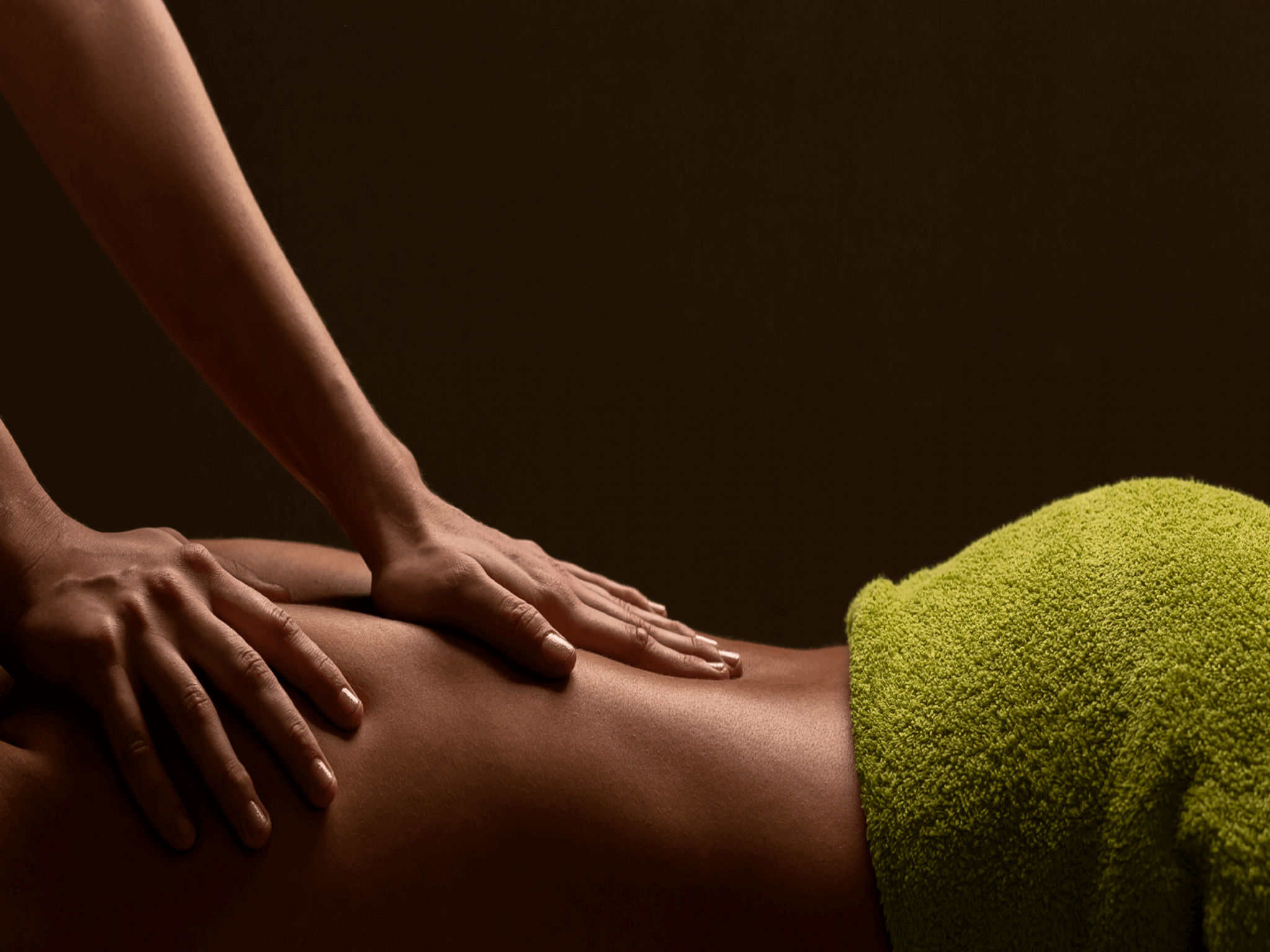1. The Ancient Art of Massage Therapy
Massage therapy is one of the oldest healing practices known to humanity, with roots tracing back thousands of years to ancient civilizations like Egypt, China, and India. Originally developed as a means to promote healing and alleviate pain, massage has evolved into a sophisticated practice that offers numerous physical, mental, and emotional benefits. The foundation of massage lies in its ability to manipulate the body’s soft tissues, including muscles, tendons, and ligaments, using various techniques such as kneading, rubbing, and applying pressure. These techniques not only help relieve tension and improve circulation but also stimulate the body’s natural healing processes, making massage an invaluable tool in maintaining overall health and well-being.
2. Physical Benefits: More Than Just Relaxation
While many people associate massage with relaxation, its physical benefits go far beyond simply relieving stress. Regular massage therapy can help alleviate chronic pain conditions such as lower back pain, arthritis, and fibromyalgia by reducing inflammation and improving joint mobility. Additionally, massage is known to enhance athletic performance by promoting faster recovery from injuries and reducing muscle soreness. By increasing blood flow and oxygenation to the muscles, massage therapy also aids in detoxification, flushing out toxins and metabolic waste from the body. Furthermore, it has been shown to boost the immune system, helping the body to fend off illnesses more effectively. These physical benefits make massage an essential part of any holistic health regimen.
3. Mental and Emotional Well-Being
The impact of massage on mental and emotional health is profound. In today’s fast-paced world, stress and anxiety are common issues that can have detrimental effects on one’s overall well-being. Massage therapy provides a natural and effective way to manage these challenges by promoting relaxation and reducing the levels of stress hormones like cortisol. The gentle, rhythmic strokes of massage stimulate the release of endorphins, the body’s natural “feel-good” chemicals, which help elevate mood and alleviate feelings of depression and anxiety. Moreover, the physical touch involved in massage can foster a sense of connection and emotional support, helping individuals feel more grounded and centered. This combination of physical and emotional benefits makes massage a powerful tool for enhancing mental health.
4. Integrating Massage into Your Lifestyle
Incorporating regular massage therapy into your lifestyle can lead to long-term improvements in your overall health and well-being. Whether you seek massage for relaxation, pain relief, or emotional balance, making it a consistent part of your routine can yield significant benefits. It’s important to choose a qualified massage therapist who understands your specific needs and can tailor the therapy accordingly. Additionally, consider combining massage with other wellness practices such as yoga, meditation, and proper nutrition to create a comprehensive approach to health. By making massage a priority, you invest in your body and mind, ensuring that you maintain a balanced and healthy lifestyle for years to come.마사지



